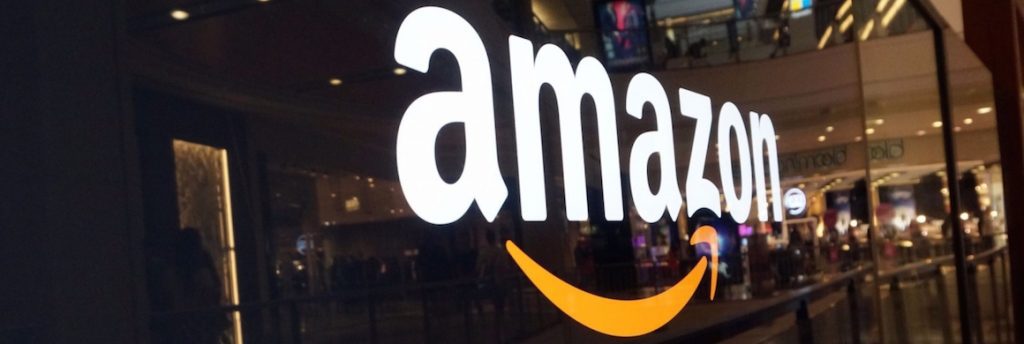Recently, Amazon announced that it would test a 30-hour work week at its Seattle headquarters. The pilot program will consist of a few technical workers and managers and will provide the part-time workers with full-time benefits. The aim is to give Amazon an edge in the hiring landscape, similar to Starbucks who pioneered the part-time with benefits model.
It’s a unique plan to bring in more highly educated and valuable workers. For example, the program could encourage a young MBA graduate to choose Amazon for the opportunity of less work, better benefits, and quality pay down the road. Amazon has high hopes considering an internal study of Starbuck’s similar policy showed reduced turnover and more qualified employees.
Benjamin Hallen, an Assistant Professor of Management at the University of Washington’s Foster School of Business, spoke to the Puget Sound Business Journal about the new work week. “The market for talent is extremely tough right now, and companies that can create a better fit for employees through these kinds of options may be able to recruit and retain at a higher rate,” he said. “The indirect benefits are that it could lift morale and commitment if employees feel like they’re working for a company that is willing to accommodate.”
However, the pilot program is definitely in its test stage. Amazon won’t roll it out on a larger scale until the company sees tangible results.
Suresh Kotha, a Professor of Management at Foster, discussed Amazon’s plan. “Right now they’re experimenting to see how people will react in a very controlled fashion,” he said. “If it works they’ll roll it out. If it doesn’t, it’s not a huge loss. As we know, Amazon isn’t afraid to try out something new and fail.”
Amazon’s MBA program includes several full-time opportunities as well as 11-12 week internships.
